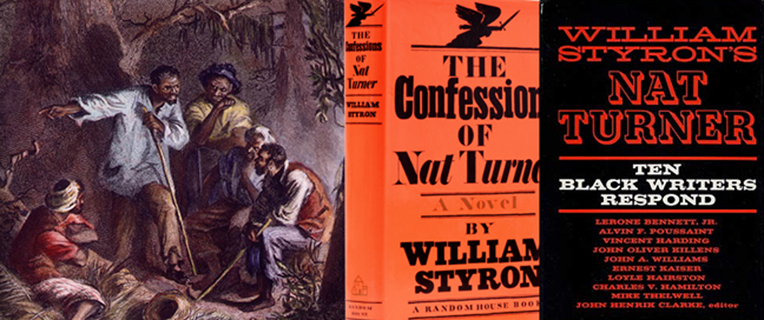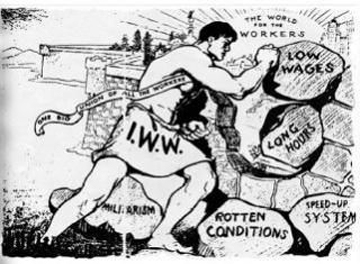Styron’s Confessions of Nat Turner
In Styron’s novel and in the response from 10 African-American writers, numerous questions concerning race, class, the rendering of historical presentation, claims on sectors of our shared history, etc. are raised. We will discuss as many of these questions as possible including having a careful read of James Baldwin’s essay concerning the work and subsequent controversy.


